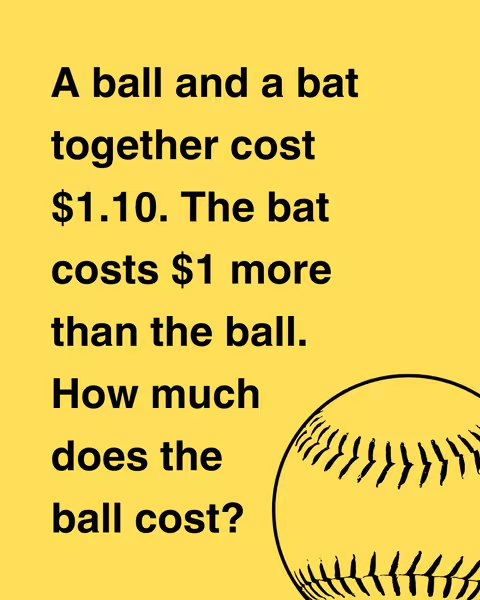Survivorship Bias
This is based on a true story of airplanes coming back from missions during World War II. People wanted to add armor to the planes to make them safer.
At first, they thought about putting extra armor where the bullet holes were. However, a statistician pointed out that the bullet holes on the planes that returned were actually where planes could survive being hit. The planes that didn't come back, which they couldn't see, were likely hit in different spots that led to total destruction. The smart decision was to put extra armor in the areas where the returning planes did not have bullet holes in order to protect them from total destruction.
More Puzzles
Courses

Fallacy Detectors
Develop the skills to tackle logical fallacies through a series of 10 science-fiction videos with activities. Recommended for ages 8 and up.

Social Media Simulator
Teach your kids to spot misinformation and manipulation in a safe and controlled environment before they face the real thing. Recommended for ages 9 and up.

A Statistical Odyssey
Learn about common mistakes in data analysis with an interactive space adventure. Recommended for ages 12 and up.

Logic for Teens
Learn how to make sense of complicated arguments with 14 video lessons and activities. Recommended for ages 13 and up.

Emotional Intelligence
Learn to recognize, understand, and manage your emotions. Designed by child psychologist Ronald Crouch, Ph.D. Recommended for ages 5 to 8.
Worksheets

Logical Fallacies Worksheets and Lesson Plans
Teach your grades 3-7 students about ten common logical fallacies with these engaging and easy-to-use lesson plans and worksheets.

Symbolic Logic Worksheets
Worksheets covering the basics of symbolic logic for children ages 13 and up.

Elementary School Worksheets and Lesson Plans
These lesson plans and worksheets teach students in grades 2-5 about superstitions, different perspectives, facts and opinions, the false dilemma fallacy, and probability.

Middle School Worksheets and Lesson Plans
These lesson plans and worksheets teach students in grades 5-8 about false memories, confirmation bias, Occam’s razor, the strawman fallacy, and pareidolia.

High School Worksheets and Lesson Plans
These lesson plans and worksheets teach students in grades 8-12 about critical thinking, the appeal to nature fallacy, correlation versus causation, the placebo effect, and weasel words.

Statistical Shenanigans Worksheets and Lesson Plans
These lesson plans and worksheets teach students in grades 9 and up the statistical principles they need to analyze data rationally.













